Purification in Islam and Hinduism (3/4)
When a person is in the state of invisible impurity, his visible body is still pure and does not pollute anything that comes in contact with him.

When a person is in the state of invisible impurity, his visible body is still pure and does not pollute anything that comes in contact with him.
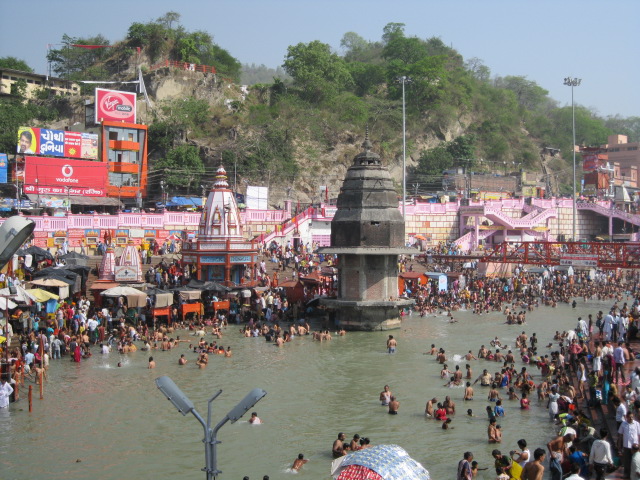
Hindus regard bleacher or washerman and Dalits and other castes as impure by birth. Their impurity could not be removed by any mean.

In this article, the system of purification in Islam and Hinduism has been studied and compared in briefly.
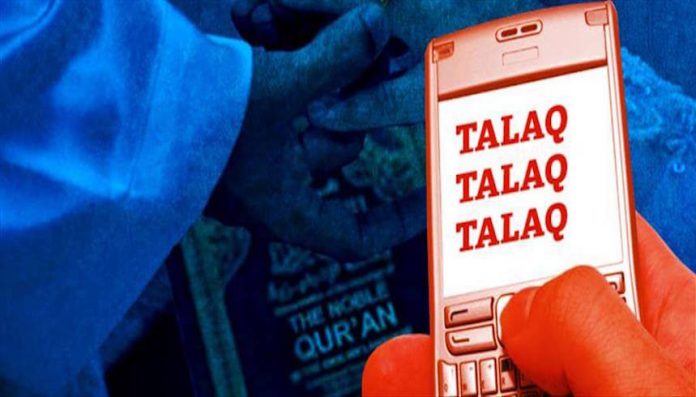
In fact, the ancient Hindu literature does not have the concept of divorce as well as the Sanskrit and Hindi language is void of the word of Talaq or divorce.
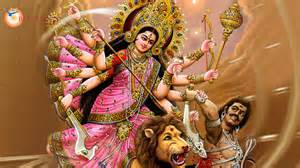
There is no official count of how many women die as a result of Chhaupadi—translated as “untouchable being”—but there are reports of deaths linked to this Hindu tradition every year.
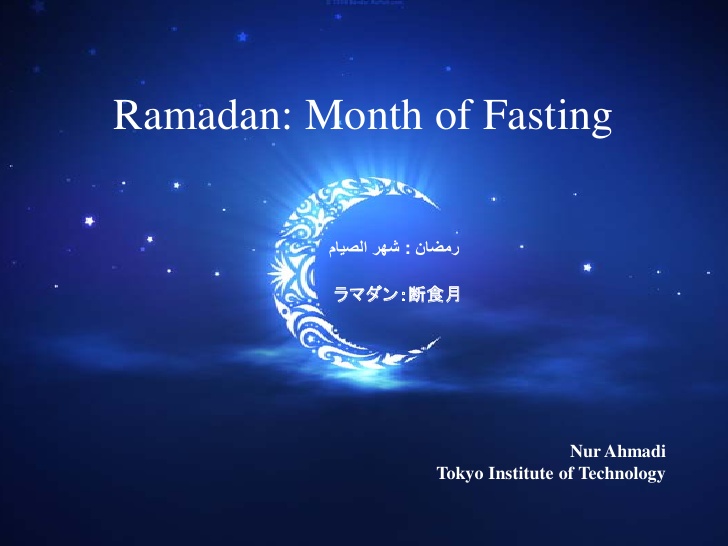
Naidu also enjoys the vibrant life of Ramadan nights when Muslims perform Traweeh prayer and the Glorious Qur’an is recited in the mosques.

The law system of every country has the right of divorce. The option of divorce represents human need. Therefore, Talaq or divorce always remained a permissible step in the divine religions of the world.

Morality in Islam addresses every aspect of a Muslim’s life, from greetings to international relations. It is universal in its scope and in its applicability.

The best moral character melts errors like water, and bad morals spoil man’s record as vinegar spoils honey.
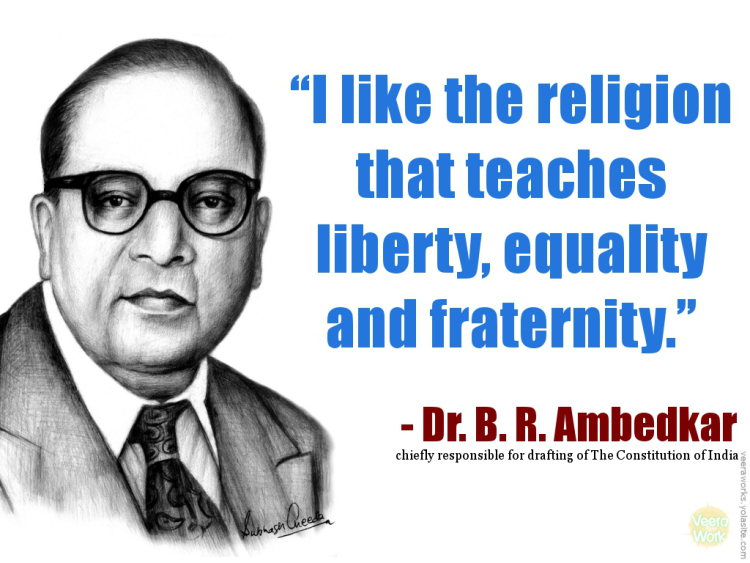
Do you think if Hanuman ji and Durga ji have balances in the bank so they can give 10 or 20 thousand rupees?